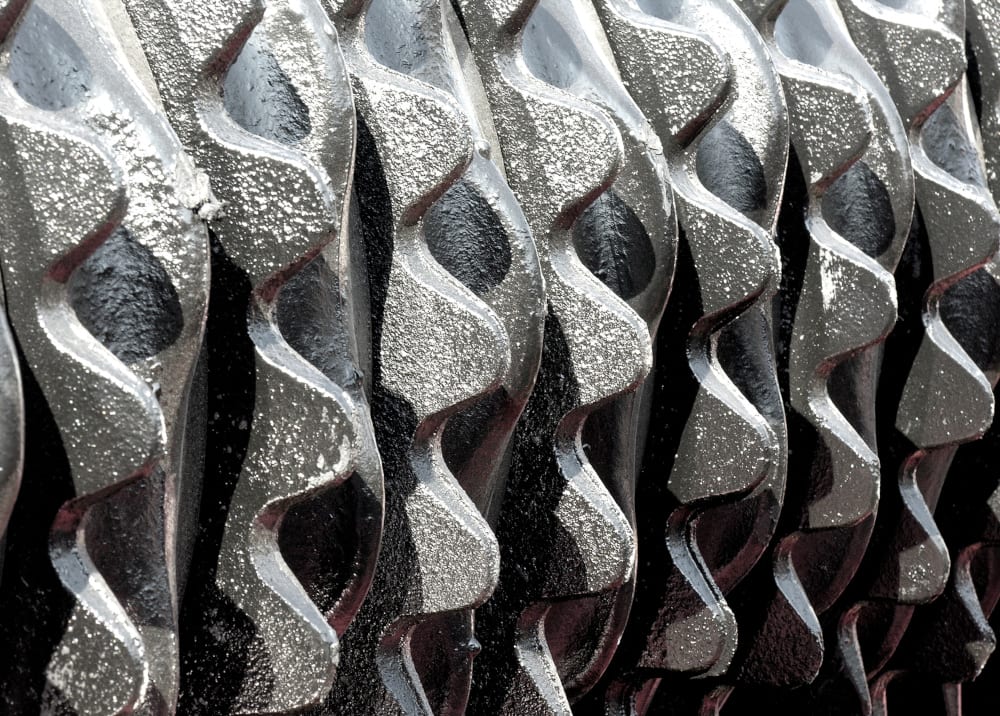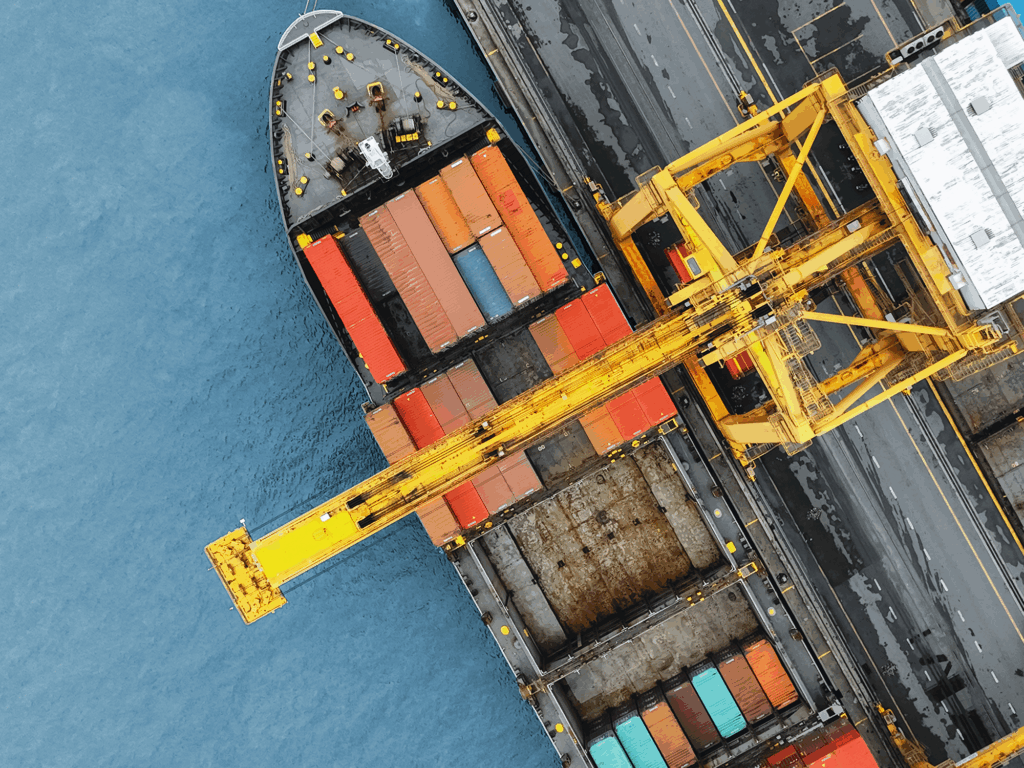Deal focus: Platinum Equity makes India debut with generics acquisition
The USD 300m deal has facilitated full exits for Jacob Ballas and InvAscent, a partial exit for the founding family, and laid the foundations for further growth through product line expansion and M&A
Platinum Equity has completed 11 acquisitions in Asia over the past decade, according to AVCJ Research, almost exclusively focusing on China, Southeast Asia, and Australia. The most recent, Inventia Healthcare, saw the global private equity firm make its first foray into India – a move that would appear to confirm the market’s growing appeal to large-cap investors.
To Jacob Kotzubei, co-president of Platinum, it is confirmation of how India buyouts have evolved, creating more opportunities for the firm’s operations and M&A-heavy strategy.
“There are more mature companies with more need for different kinds of operational support,” he explained. “There are also more founder or family-owned businesses in India preparing for succession or facing other generational issues and looking for a partner who can not only provide investment capital, but also operational expertise.”
Inventia fits this profile. The company was established in 1985 by husband-and-wife Janak Shah and Maya Shah, who turned it into a leading player in India’s generic pharmaceuticals space, serving over 100 customers across 40 countries. Their children had assumed day-to-day control before Janak Shah’s death earlier this year, but the exit route was mapped out years ago.
“When we underwrote our investment, it was going to be a trade sale or sponsor sale, that was always the understanding,” said Hari Buggana, chairman and managing director at specialist healthcare investor InvAscent. “Not everyone has the appetite to run a listed business.”
Expansion story
Jacob Ballas Capital India was Inventia’s earliest backer, paying INR 900m (USD 10.7m) for 23.4% in 2008. InvAscent followed in 2020, committing INR 1bn for a stake of undisclosed size. The two investors reportedly held about 40% between them. Both have exited as Platinum picked up 75% at an approximately USD 300m valuation, with the Shah family retaining a minority interest.
Platinum is investing from its latest and largest-ever buyout fund, Platinum Equity Capital Partners VI, which closed on USD 12.6bn earlier this year.
Inventia represents the first exit from InvAscent’s third fund, and Buggana sees it as a strong affirmation of a generics-focused pharmaceuticals investment strategy. During the holding period, Inventia’s revenue rose from INR 4bn to INR 7.5bn, while EBITDA grew from INR 450m to INR 1.8bn, driven by efforts to accelerate product development and expand distribution.
“They filed over 500 dossiers to get regulatory permission to sell products in various global markets. Topline growth was a result of selling more of their existing products in new markets and launching new products in new and existing markets,” Buggana said. “These are complex generics – for central nervous system disorders, managing diabetes, managing hypertension, and managing blood diseases.”
Inventia supplies semi-finished and finished oral solid dosage (OSD) formulations. Its 20,000-square-metre manufacturing facility at Ambernath, in the Mumbai Metropolitan Region, has an annual capacity of 2.7m tablets, 1.9m capsules, 2,000 metric tonnes of granules and 432 metric tonnes of pellets.
The Ambernath facility is one of about 650 in India approved by the US Food & Drug Administration (FDA) – the largest number in any country outside the US. This has helped turn India into the biggest generics supplier globally, with a 20% share, according to Invest India, a government agency. It projects the country’s pharmaceutical industry will be worth USD 65bn this year and USD 130bn by 2030.
Buggana added that India’s listed pharmaceutical companies – such as Sun Pharma, Dr Reddy’s Laboratories, and Lupin – manufacture relatively few of the generics they sell overseas because the overheads are so high. Rather, they outsource to companies like Inventia.
“Buy trumps make in many cases. Even international players buy from smaller generics products that use FDA-approved facilities because it is a lot more cost-effective,” he said.
The next phase
The quality standards and certifications Inventia has achieved despite its size caught Platinum’s attention. The private equity firm wants to use the company as a platform for industry consolidation, deploying more capital and operational capabilities to realise greater scale.
“To take the company from where it is today, which is about USD 90m in revenue, and scale it up to several hundred million in revenue, and build a larger, global business, that requires a different skill set,” said Amit Sobti, a Singapore-based managing director at Platinum whose team led the deal.
“It requires a different type of management team and changes to the organizational structure, so it is better able to do business successfully across the globe.”
Platinum will focus on production planning, looking to install more systematic processes that lead to greater efficiencies and manufacturing throughput, as well as procurement practices, go-to-market strategy, and customer engagement models. M&A will also be part of the story, building on the relationships cultivated by the Shah family in key markets.
“We think we can better leverage those relationships through acquisitions to sell more and more products to our distribution partners,” said Sobti. “I think there is a lot more we can do, not just in OSD but also in other formulations whether it is into injectable drugs or topical drugs.”











